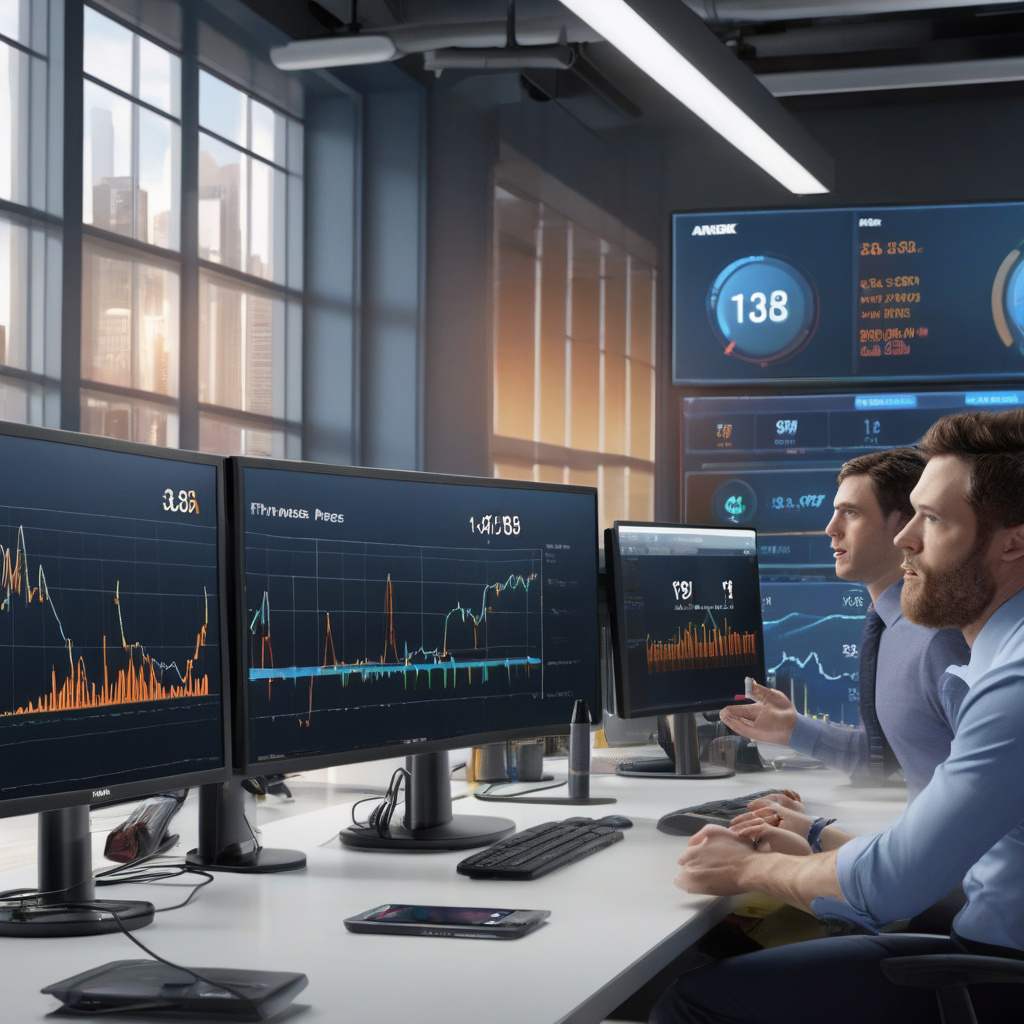Anker Adjusts Pricing Strategy Amid Rising Tariffs on Amazon
In a significant shift within the retail landscape, Anker, the renowned Chinese electronics company, has begun to raise prices on its products listed on Amazon. This decision comes as U.S. import tariffs on Chinese goods have reached an unprecedented level of 145%. The escalation of trade tensions between the United States and China is forcing companies to re-evaluate their pricing strategies and market presence, particularly in the highly competitive e-commerce space.
The recent move by Beijing to increase its tariff on U.S. goods to 125% adds further complexity to an already strained economic relationship. As the trade war intensifies, both nations are feeling the pressure, leading businesses to make tough choices regarding their operations and pricing. Anker’s decision to adjust prices reflects a broader trend among Chinese manufacturers who are now grappling with increased costs and uncertain market conditions.
According to reports from China’s largest cross-border e-commerce association, many Chinese companies that sell products on platforms like Amazon are contemplating significant price hikes or withdrawing from the U.S. market altogether. These companies face the dual challenge of rising tariffs and a potential loss of market share if they cannot maintain competitive pricing. For Anker, which has built a strong reputation for affordable yet high-quality electronics, this predicament poses a unique challenge that could reshape its business model.
The implications of these tariff increases are far-reaching. Consumers in the U.S. can expect to see higher prices on a wide range of electronic products, from chargers and power banks to smart home devices. Anker’s actions serve as a bellwether for the entire electronics sector, signaling that other brands may soon follow suit. As price increases become more common, consumers may need to adjust their purchasing habits, potentially seeking alternatives or delaying purchases in anticipation of future price adjustments.
Retail analysts emphasize the importance of understanding the underlying factors that drive these price changes. The significant rise in tariffs means that companies must either absorb the additional costs, which can erode profit margins, or pass these costs onto consumers. Anker’s choice to raise prices suggests a strategic pivot aimed at maintaining profitability in a challenging economic environment. This decision also raises questions about the long-term sustainability of their business model in the U.S. market.
While price hikes might seem like a straightforward solution, they can have negative repercussions on brand loyalty and consumer trust. Anker has built a loyal customer base by offering value for money; however, frequent price increases could alienate some of its core consumers who prioritize affordability. In an age of price sensitivity and comparison shopping, brands must tread carefully to balance profitability with consumer expectations.
Moreover, as competition intensifies, particularly from domestic U.S. companies, Anker will need to consider how to differentiate itself beyond price. The company has always been known for its innovative products and customer service. Focusing on these strengths could help Anker maintain its market position, even as prices rise. For instance, investing in marketing campaigns that highlight product quality and unique features may resonate more with consumers than merely competing on price.
In this turbulent economic climate, companies like Anker must also consider how to diversify their market strategies. Exploring alternative distribution channels or expanding their product lineup could offer a hedge against the risks associated with tariff fluctuations. Additionally, enhancing supply chain efficiencies may mitigate some of the rising costs associated with import tariffs.
As the trade war progresses, it is crucial for businesses in the electronics sector to stay informed about policy changes and adapt accordingly. Anker’s pricing decisions exemplify the need for agility in business strategy, especially when external factors such as tariffs and trade relations can significantly impact operations. The company’s ability to navigate this landscape will be closely watched by investors, competitors, and consumers alike.
In conclusion, as Anker raises prices on Amazon, it highlights the broader implications of U.S.-China trade tensions on the retail market. With tariffs at an all-time high, the ripple effects are likely to be felt across various sectors, prompting numerous companies to rethink their pricing strategies. For consumers, this may mean higher costs for electronic goods, while for businesses, it presents an opportunity to innovate and adapt in an increasingly complex marketplace.
Understanding these dynamics will be vital for stakeholders as they strive to mitigate risks and seize new opportunities in a changing economic environment.
#Anker #Tariffs #Ecommerce #USChinaTradeWar #ElectronicsIndustry
